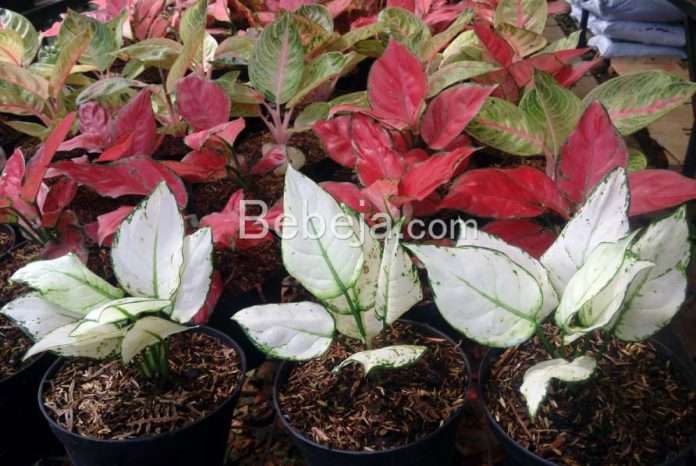Aglaonema fermentation media is a growing medium produced by processing organic materials like husk, soil, manure, and cocopeat. It has numerous benefits, including improving the fertility and porosity of the growing media to ensure the healthy and robust growth of aglaonema roots. In addition, it reduces the risk of fungal attacks and diseases as the growing medium is sterilized with fungicides. Moreover, it provides crucial nutrients for plants.
The optimal aglaonema fermentation medium comprises unprocessed and burnt husks, cocopeat, and andam or calliandra. The mixture is soaked in water containing decomposing microbes for 4-6 days and subsequently air-dried. Before use, the medium should be blended with sand and zeolite.
Many hobbyists have reported that using fermentation media improves plant conditions. This is because the nutrients in the media become more readily available and can be directly absorbed by plants. Fermentation media is typically used for expensive collection aglaonema, while the majority of media is used without fermentation.
In contrast, aglaonema which is inexpensive and mass-produced, the majority of media is used without fermentation. It is related to the economic calculation of production which affects prices. Even so, the ideal requirements for aglaonema media are still fulfilled such as being porous, lightweight, and pH close to neutral.
Raw husk material, fertile soil, mature manure, cocopeat, fungicides, clean water, and sacks are typically used for the planting medium. A ratio of 3:1:1:1 of raw husks, soil, manure, and cocopeat is combined. Stir the ingredients until well mixed and transfer them to a sack. Evenly distribute water mixed with fungicide into the sack containing the growing medium, taking care not to make the planting medium too wet.
Close the sack and store it in a shaded place for 4-6 days. After that, open the sack and remove the planting medium. Drain the growing medium dry, but not too dry. Aglaonema growing medium is ready for use.
